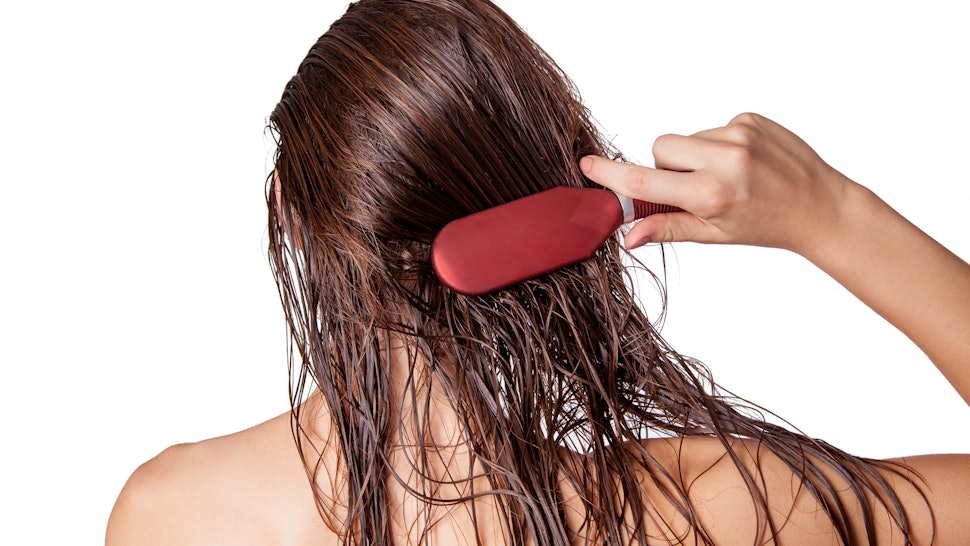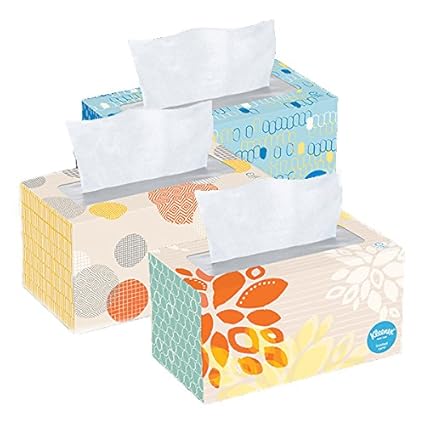
Photo from Organic Facts
Vandana Dubakula
Around 65% of women will experience a urinary tract infection (UTI) in their lifetime. There are many myths about what will alleviate UTI symptoms or get rid of the UTI all together. At the top of this list is cranberry juice, which many women claim cured their UTI. Clinical studies however, offer conflicting results on the effectiveness of cranberry juice.
UTI’s are caused by bacteria such as E.coli. They can affect the urinary system including kidneys, ureters, bladder, and urethra. The infection usually starts in the lower urinary tract (urethra and bladder) and causes symptoms such as a burning sensation during urination, frequent urge to urinate, and cloudy or strange-smelling urine. The real danger, however, is with untreated UTIs which can affect the kidneys and lead to kidney damage or–in very severe instances– infections spread through the blood. UTI’s tend to affect women more than men due to their anatomy.
Cranberries come into play through an active ingredient—A-type proanthocyanidins (PACs)—that can keep bacteria from sticking to the bladder wall. Since cranberry juice also increases urination, it might wash bacteria out of the bladder which might reduce the pain and burning associated with UTIs. However, the active ingredient usually does not stay long enough in the bladder to cure the infection. Thus, cranberries can help with the symptoms of a UTI but should not be depended upon to cure it.
Moreover, cranberry juice has low concentrations of A-type proanthocyanidins (PACs), so it takes large amounts of juice to have an effect. A major drawback is that cranberry juice contains substantial sugar. Even cranberry juice with no added sugar (such as Oceanspray 100% cranberry juice) has 28 grams of sugar in 8 fluid ounces of juice. Cranberry capsules are concentrated with the antioxidants and active ingredients and are thus a better alternative to cranberry juice.
However, don’t rely on cranberry juice/capsules to fully cure your UTI. It is important to consult with your doctor and you may need antibiotics.
https://health.clevelandclinic.org/can-cranberry-juice-stop-uti/
https://www.mayoclinic.org/diseases-conditions/urinary-tract-infection/symptoms-causes/syc-20353447
https://www.webmd.com/women/news/20160225/cranberry-juice-for-urinary-tract-infection

